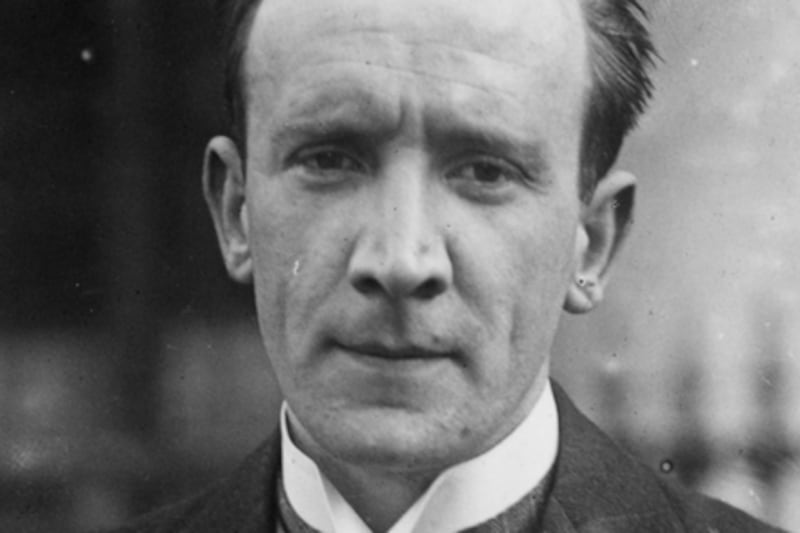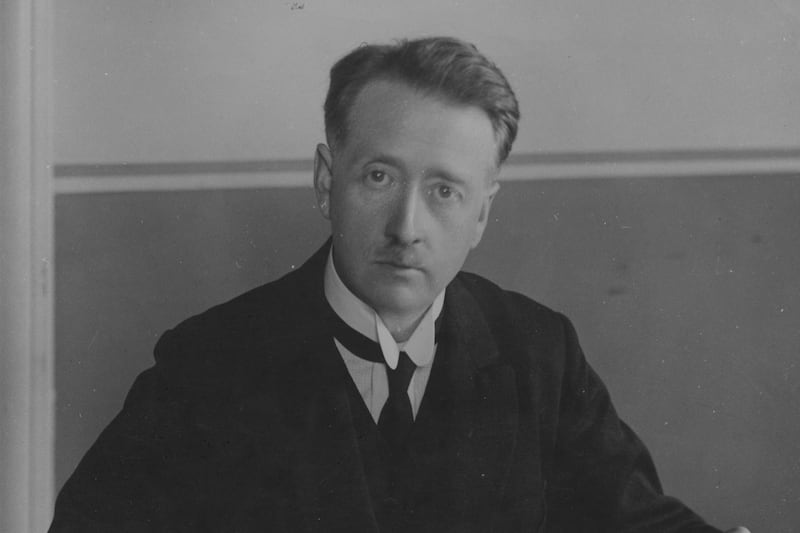October 24 1924
The Prime Minister [Ramsay MacDonald], speaking at Aberavon yesterday, said that when Labour took office they found that the other parties, with the assistance of eminent lawyers and leading statesmen drawn from all parties except Labour, had so badly drafted an essential clause in the agreement with the Irish Free State that it could not be put into operation.
The Labour Government, with the assistance of other parties – he did not wish to misrepresent the case – introduced a Bill which carried out Britain’s agreement with the Free State and made our name honourable.
“Now we have just appointed the third Commissioner on the Irish Boundary Commission, and I hope that as a result both Ulster and the Irish Free State will renew their good efforts once more to settle their long-standing difficulty and Ireland begins to work out its way in peace”.
It is stated in Belfast Government circles that Mr Joseph R Fisher, barrister-at-law, predecessor of Sir Robert Lynn as editor of the “Northern Whig” is the third member referred to by Mr MacDonald. Mr Fisher is a son of the late Rev Ringland Fisher, of Raffrey, Co. Down. He was born at Killyleagh in 1855, and was educated at the Royal Academical Institution, Belfast, from which he proceeded to Queen’s College, Galway, where he graduated. He is a strong Unionist, and has written a number of articles in London newspapers challenging the Irish Free State’s claims.
Commission “Filled”
No citizen of the Six Counties, from Stormont to Derry and thence to Southernmost Fermanagh, can question Mr JR Fisher’s credentials as a representative of Ascendancy. His partisanship is open and above board; its “true, fixed and lasting quality” should satisfy Sir James Craig himself. The fact that Mr Fisher has accepted the appointment, as a man born in the North-East, closely identified with its Ascendancy politics for many years, still active as an advocate of Ascendancy’s demands, and continuously associated with its recognised leaders, is an important circumstance. Who in the local Parliament will dare to rail against the Government’s selection?






